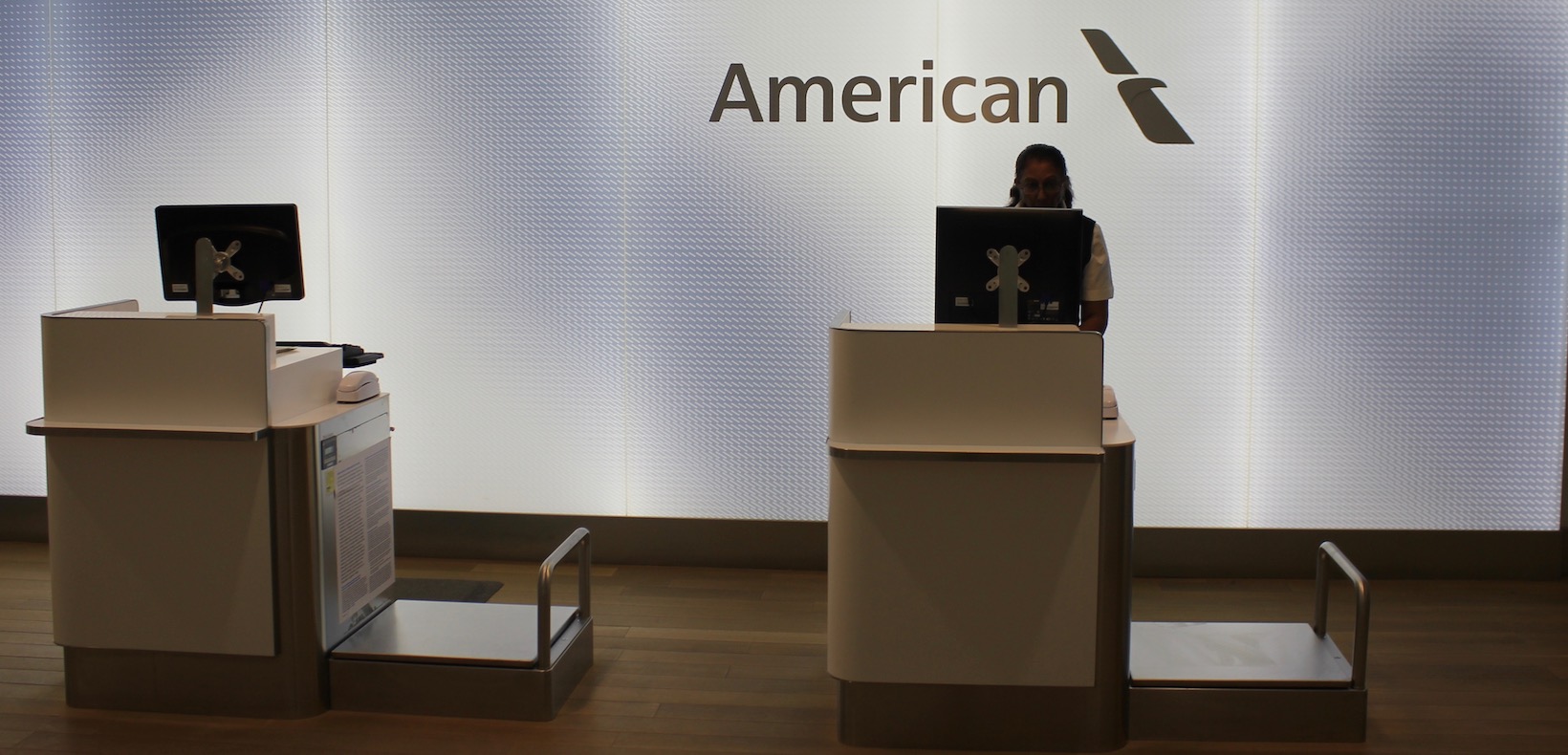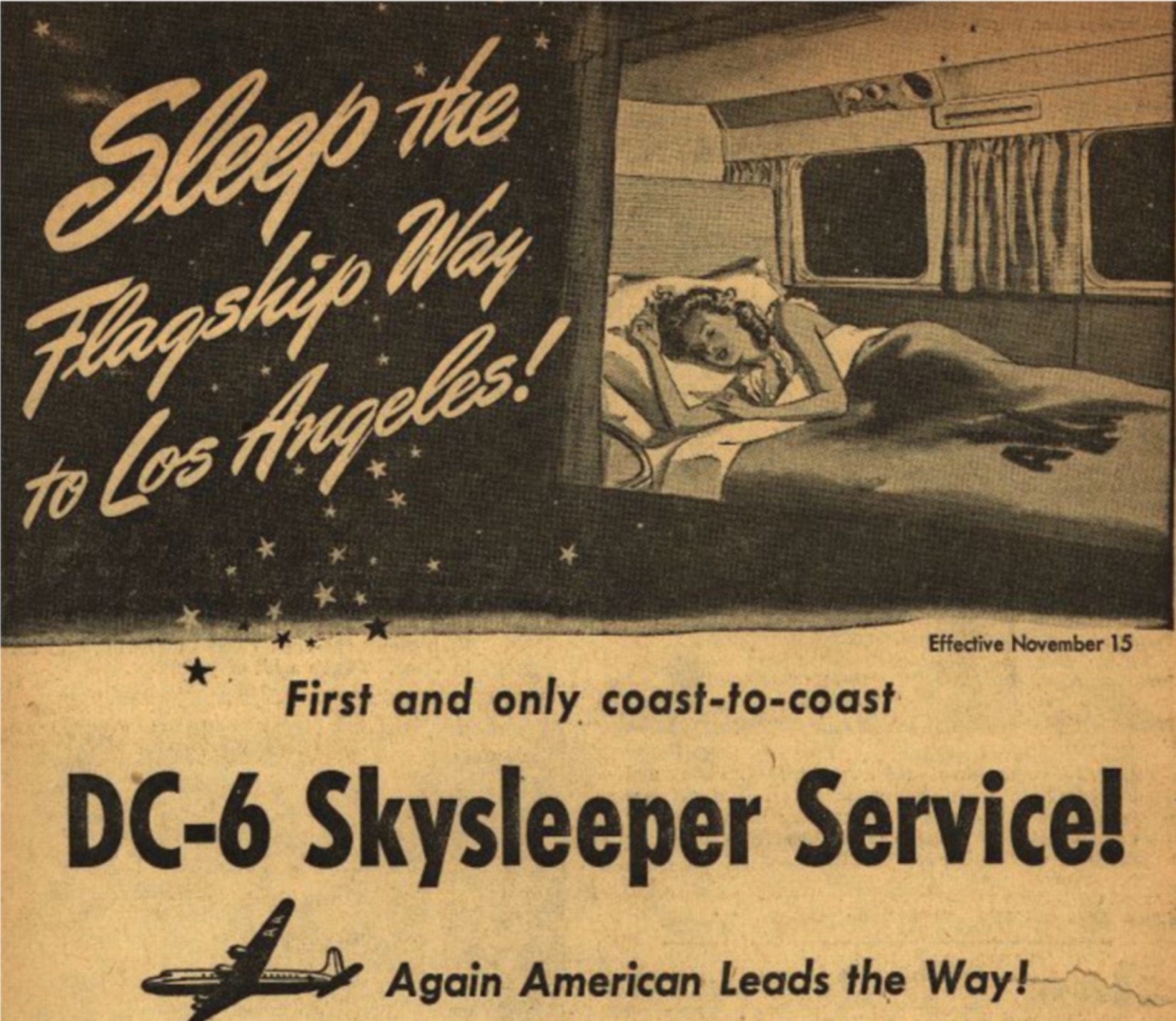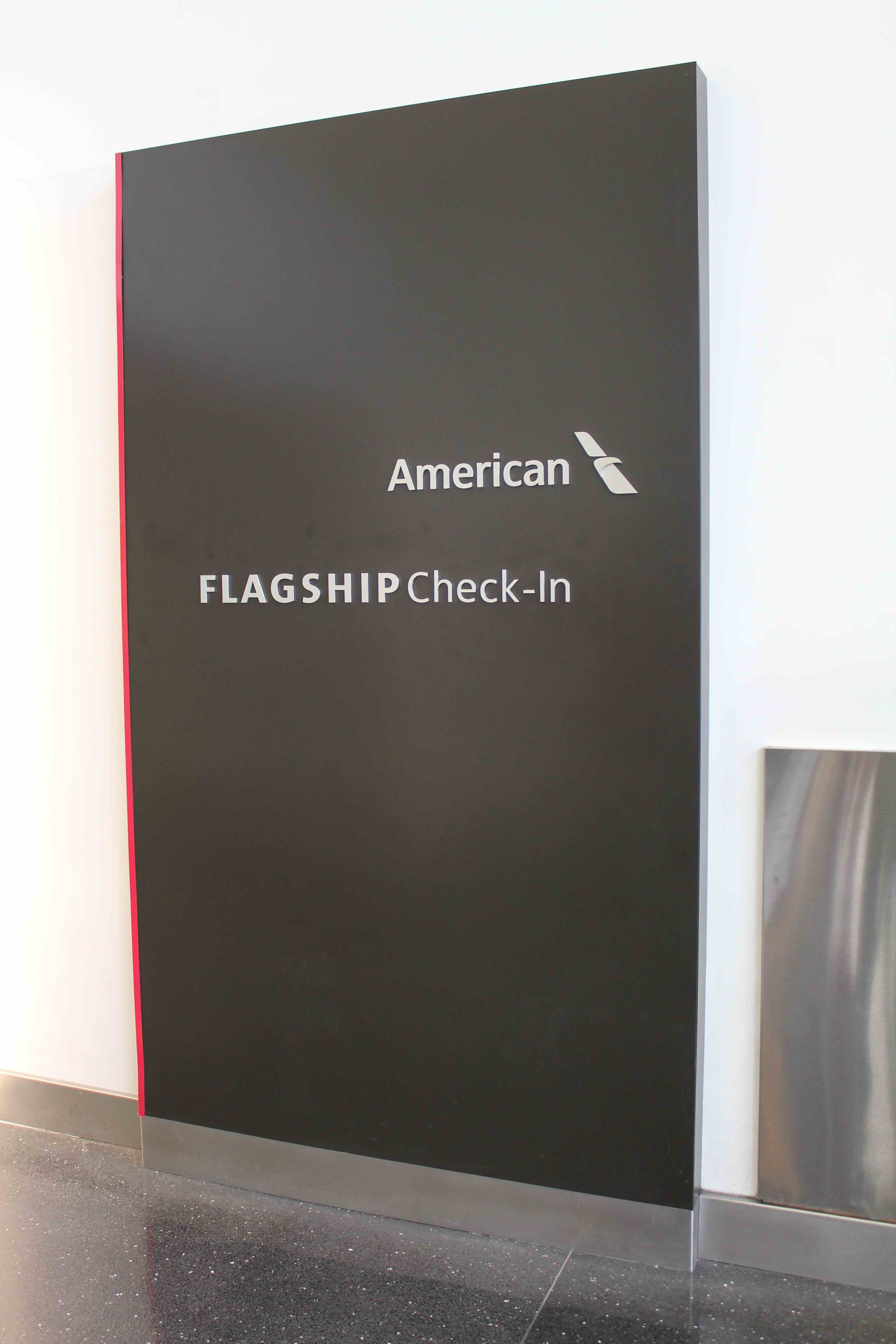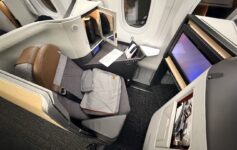
American Airlines has sued Delta over its use of the term “flagship” in its brand marketing. I wouldn’t call this a frivolous case, though I am not certain American Airlines can show consumer confusion, a key hurdle for winning its lawsuit.
I want to try to keep this as simple as possible. Let’s start with American’s argument, since it filed the lawsuit, then look at the law, then apply it to this case.
American Airlines Argues Delta Is Infringing Its Flagship Mark
In a federal lawsuit filed in Texas, AA argues that is has used the term “flagship” to describe its premium product since the 1930s, trademarked the term in relation to both soft and hard product onboard, and that Delta’s use of the product impermissibly confuses consumers.


Let’s take a look at the complaint:
Delta is well aware of American’s Flagship Marks. Yet, despite knowing that American owns the exclusive right to use the Flagship Marks, Delta has begun to use the terms “flagship,” “Flagship,” and “FLAGSHIP” to promote its own airport lounges and premium services and interiors, including its One Suite first class seating and its Premium Select seating. Delta’s use of these terms is confusingly similar to American’s well-established Flagship Marks on its face.
It is true that Delta uses the world “flagship” descriptively to sell its premium products, including its Airbus A350, new business class interiors, and airport lounges. While Delta does not use “flagship” as part of its branding, its use of the term is prominent. Every time you search for a flight on delta.com and see an A350, you’ll find a red “FLAGSHIP” banner:

American Airlines argues this is done to deliberately mislead consumers:
Upon information and belief, Delta is using “flagship,” “Flagship,” and “FLAGSHIP” as marks of its own with the expectation of generating confusion in the marketplace. Delta’s use of these confusing marks is causing irreparable harm to the well-established goodwill and reputation of American and its trademarks.

What The Law Says About “Flagship”
In order to prevail in a trademark dispute, a trademark holder must demonstrate all three points below:
- A valid mark entitled to protection
- Defendant used the same or a similar mark in commerce in connection with the sale or advertising of goods or services without the plaintiff’s consent.
- Defendant’s use of the mark is likely to cause confusion as to the affiliation, connection or association of defendant with plaintiff, or as to the origin, sponsorship, or approval of defendant’s goods, services or commercial activities by plaintiff.
Has American Airlines met the burden here?
Is Delta Guilty Of Trademark Violation?
AA claims:
For years, American has marketed premium-level services as “Flagship” services. These Flagship services provide a quality travel experience that is unmatched in the industry.
“Unmatched” is not necessarily a good thing…
But snark aside, does American Airlines have a case?
First, we know that American Airlines successfully trademarked “flagship” (in 2016) and has been using it continuously since then (and indeed, well before). Second, we know that Delta did not use the term “flagship” in its marketing before 2017. Third, Delta directly competes with the trademarked item in the goods and services provided.
So far, so good for American, but the last element is most important. Does Delta’s use of “flagship” cause or likely cause consumer confusion?
Honestly, I’m not sure. I am not confused. I don’t know any readers or clients who are confused. Frankly, I’m not convinced the average consumer would be confused. I also note that Delta uses the term “flagship” to describe characteristics of it service, not as part of its branding. Flagship is a generic term: I just used it last Saturday in my Park Hyatt New York review.
Think about it: those who don’t fly often won’t know that American uses the term and thus are unlikely to be confused. Those who do fly often may see that both American and Delta are using the term, but are very unlikely to be confused.
I don’t see a clear path forward for American to prevail. If it does, however, I think it will be because Delta primarily uses “flagship” to describe one product: its new business class suites found aboard the A350 and some retrofitted 777-200s. That is AA’s ripest opportunity to prove consumer confusion and demonstrate Delta is not using the term in a generic, dictionary definition sense.
Finally, let me say I am sympathetic to this paragraph in the complaint:
Delta is aware of American’s Flagship brand, the investment American has made in its Flagship interiors, and of the Flagship Marks themselves. Delta considers American to be one of its biggest competitors—if not its biggest competitor. Some of Delta’s chief marketing strategies include persuading consumers to choose Delta over American, and attempting to persuade loyal American customers to switch their loyalty to Delta. On information and belief, competing with American is so central to Delta’s marketing strategies that its infringement of the Flagship Marks must be a tactical, strategic choice.
Delta, who is quick to lie and deceive when its suits it ends, is not stupid. There had to be discussions over whether this term would “trigger” American Airlines. I bet Delta hoped it would confuse consumers but American would not be able to prove it. That’s not just my personal animosity toward Delta coming to the surface (I have none), but just based upon Delta’s past practices.
CONCLUSION
I don’t view this as a frivolous lawsuit, even if American losses. Sometimes brands (like Kleenex and Xerox) have to go to court to avoid relinquishing their trademarks to a trend of generalizing a protected term. American Airlines may not be able to show consumer confusion, but that should not stop it from trying. After all, American prevailed against Expedia earlier this year in another trademark matter with a fact pattern that has some overlap.
Who has the stronger argument, American or Delta? Are you confused by Delta’s use of the world “flagship” in its branding?
(H/T: @xJonNYC)



I dunno dude. I bet you there are people who fly longhaul J and don’t know whether they’re on AA or DL. just look at all the fiction that describes a character taking a flight but doesn’t say what airline, livery, equipment, or whether there were individual air nozzles — some people are just way less interested in this stuff!
I’m not so sure a moron in a hurry couldn’t be confused here. Seems unlikely this will go to trial so we’ll probably never know what a judge thinks.
“On information and belief, competing with American is so central to Delta’s marketing strategies that its infringement of the Flagship Marks must be a tactical, strategic choice.”
This simply does not follow from the fact that Delta and American compete aggressively. It’s far more plausible in context that Delta’s uses of the term are in their ordinary sense. And there’s very little likelihood that Delta wants to confuse consumers into believing they’re the ones offering American’s ‘superior’ Flagship service.
To the contrary American likely BENEFITS from any consumer confusion, if they both use the term flagship consumers might think American is offering Delta’s superior on-time performance and friendlier crews.
I don’t disagree – in reality, that is the truth.
100% agree. The judge should laugh and throw this one out– classic case of failure to state a claim upon which relief can be granted.
AA benefits from anything that associates it with Delta. It would be nice if AA were held accountable for misleading advertising of its supposed flagship product.
My initial opinion is the use of “FLAGSHIP ” on the booking webpage above is unlawful but the use of the word in its ad is ok.
When Delta goes to court they should point out how American deceives when it ises the term ‘flagship’ because nobody would think this is flagship (ref Lucky’s review of AA first).
AA also uses it for business, which is not leading the pack in any way either
American courts are a law to themselves a lot of the time but given flagship is a nautical term in use for hundreds of years to describe the best in the fleet …. zzzzz to american
It could confuse the general public if they saw an ad maybe in airport for AA flagship service. Then later saw something in media for DL flagship whatever and then opted to book DL. I do see the path on this one and it wouldn’t surprise me if it went either way.
Although both airlines cannot compete against other international airlines when it comes to premium cabins, Delta’s premium cabin service is so much better than AA’s that there is no way to get confused by the use of the word flagship. AA and UA should merge to become the worst airline in the US.
Notwithstanding your elucidation on the abovementioned matters is it your conclusion that in the event Delta use the term “flagship” (and any of its derivatives way of writing thereto) in at least one other product, it would then be a general and generic use of the said word?
This perfectly exemplifies the distinction between “proper” writing and good writing.
Brevity and clarity are beautiful.
Our language is convenient and precise, yet you choose to jam those blurred words together into a muddled salad.
Criticism without a solution is useless, so I’ll help you rephrase:
Do you think “flagship” would become generic if Delta used it for another product?
Criticism without understanding the context is stupid, so I’ll let you know:
Someone here is claiming to be a lawyer or at least law graduate who has practiced law, and making a review and opinion on ongoing litigation.
Owh, I forgot to mention that a fruit salad cannot be compared to a tutti-fruiti candy. Offcourse the candy is simpler. But still, not the same.
Simple minds prefers simple things to suit their needs it seems.
Best of luck in your future education…
Are the insults really necessary?
What insults?
While you might be able to trademark a generic term, it’s very difficult to enforce. Flagship is a known term with a clear definition in the dictionary. Delta’s use of the term is really in its generic, descriptive form, not in reference to a specific product or brand. American would have been smarter to create a unique brand for their premium products. They will lose this one.